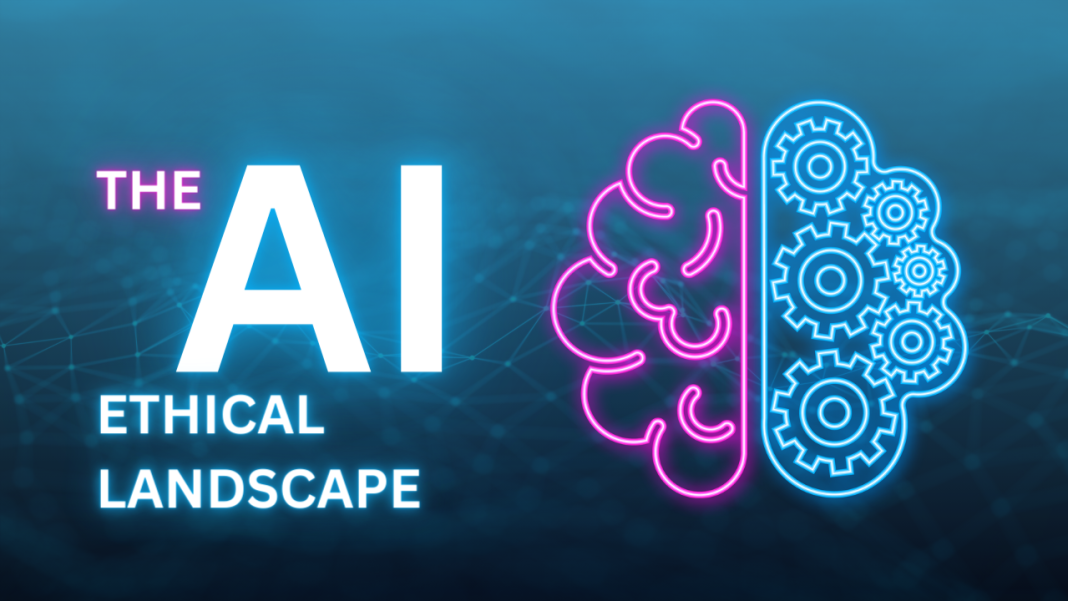The emergence of artificial intelligence (AI) raises a number of ethical questions in a time when technology is changing the world at a rate never seen before. Artificial intelligence (AI) technologies are becoming more and more interwoven into our daily lives, from recommendation engines and face recognition software to driverless cars. This integration raises important concerns regarding accountability, responsibility, and the ramifications for mankind.
AI-related ethical conundrums are intricate and multidimensional, need rigorous investigation from a number of angles. Let’s explore some of the most important moral precepts and issues that arise when developing and using artificial intelligence.
Autonomy and Responsibility
The emergence of artificial intelligence (AI) raises a number of ethical questions in a time when technology is changing the world at a rate never seen before. Artificial intelligence (AI) technologies are becoming more and more interwoven into our daily lives, from recommendation engines and face recognition software to driverless cars. This integration raises important concerns regarding accountability, responsibility, and the ramifications for mankind.
AI-related ethical conundrums are intricate and multidimensional, need rigorous investigation from a number of angles. Let’s explore some of the most important moral precepts and issues that arise when developing and using artificial intelligence.
Fairness and Bias
Because it has the potential to reinforce and magnify social injustices, bias in AI algorithms is a serious problem. AI systems educated on biased data have the potential to reinforce pre-existing social prejudices by perpetuating discrimination against certain groups in a variety of contexts, including hiring procedures.
Fairness and equity must be given top priority in AI development in order to solve this problem. This entails putting in place procedures to identify and lessen biases in datasets and encouraging inclusion and diversity in the groups in charge of creating AI technology. Furthermore, continual assessment and monitoring of AI systems are necessary to identify and address any instances of prejudice or discrimination.
Privacy and Data Security
The emergence of artificial intelligence (AI) technology has led to gathering, examining, and employing an unparalleled volume of data. Data-driven insights can be very beneficial, but they can present serious privacy issues. Misuse, breaches, or unauthorized access to personal data gathered by AI can endanger individual privacy and autonomy.
Ensuring data security and safeguarding privacy rights are essential for the moral use of AI. This means putting strong data protection measures in place, such encryption methods, anonymization strategies, and strict access limits. Organizations also need to get people’s informed consent before using their data and be open and honest about how they gather it.
Societal Impact and Human Flourishing
In the end, the ethical assessment of AI goes beyond technical factors to take into account wider societal ramifications. AI has the power to transform whole sectors, boost productivity, and improve people’s quality of life. It also presents issues with regard to loss of personal autonomy, economic inequity, and job relocation.
A comprehensive strategy is needed to guarantee that AI advances human happiness and serves the common good. This entails including stakeholders from a variety of backgrounds in ethical discussions and decision-making processes, such as legislators, ethicists, technologists, and representatives of impacted communities. To enable people to engage in the responsible molding of AI’s future, it is also crucial to promote education and public understanding on AI ethics.
In conclusion, negotiating the ethical terrain of AI necessitates weighing conflicting interests and moral principles fairly. We can use AI to build a more fair, compassionate, and just future for everyone if we respect the values of autonomy, justice, privacy, and societal well-being. Let’s be careful to uphold moral standards and make sure AI works in humanity’s best interests as we develop and incorporate it into our daily lives.


